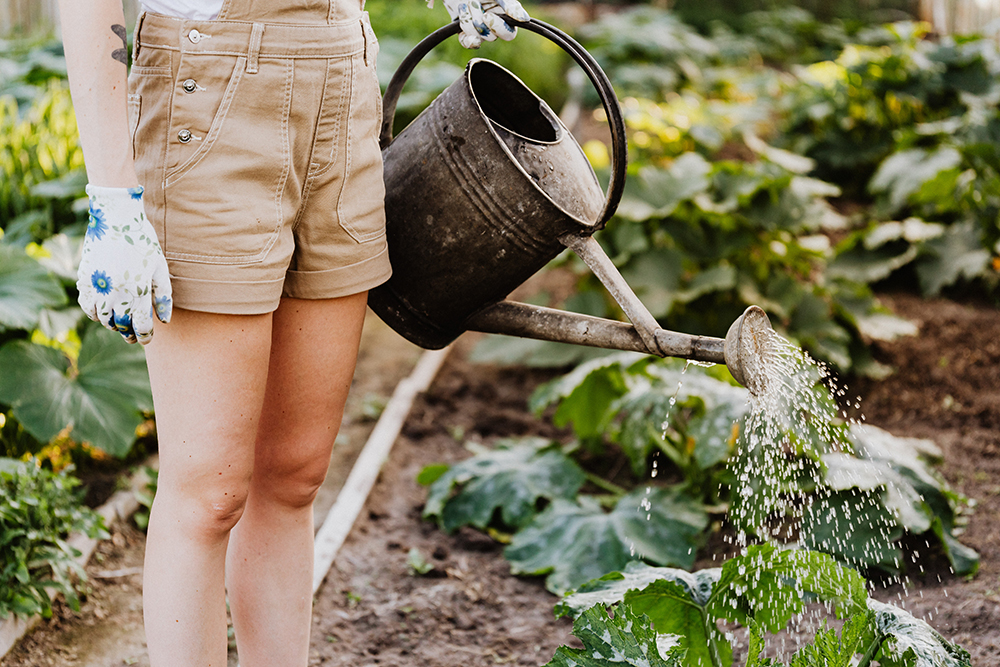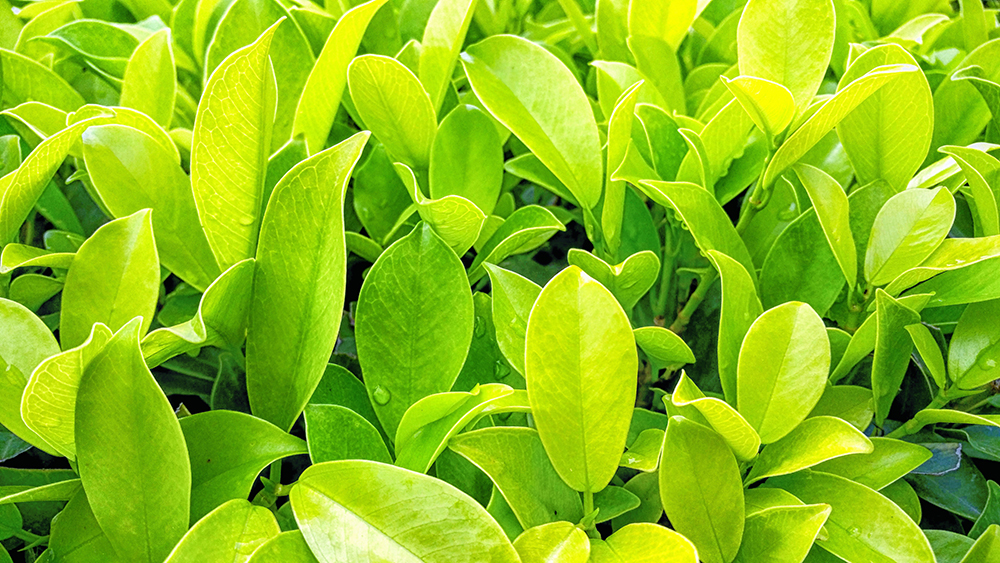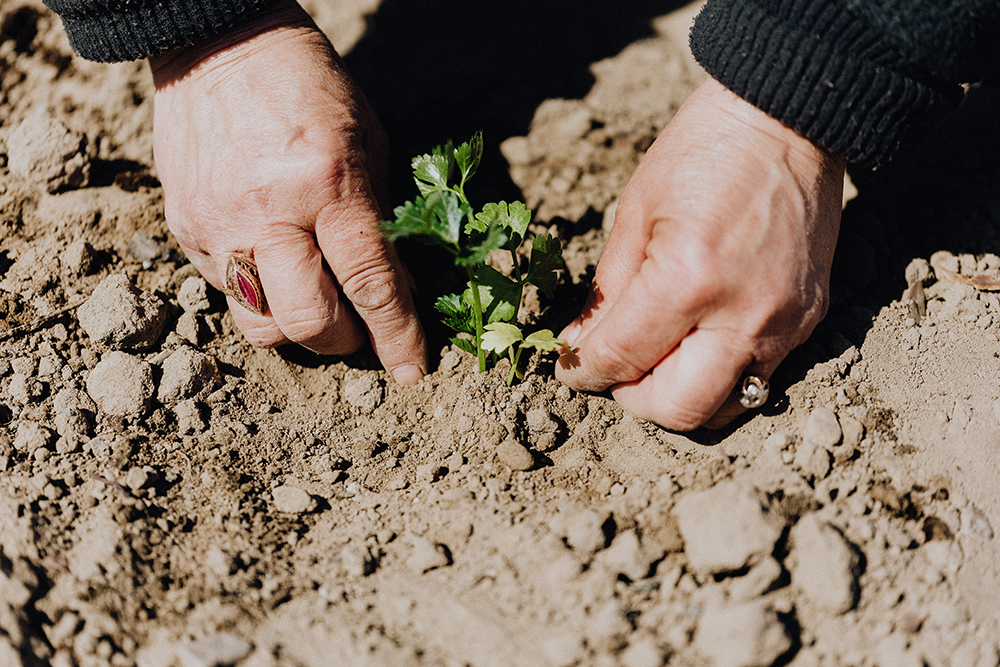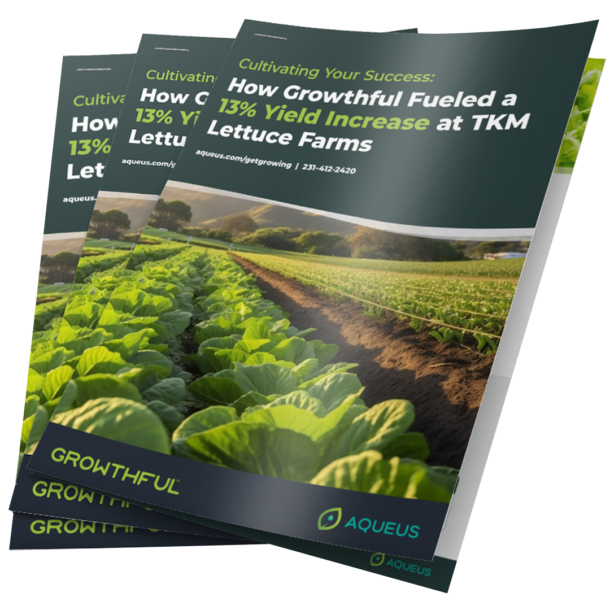
Eco-friendly gardening is becoming more popular as people become aware of the impact their gardens have on the environment. If you’re thinking of starting an eco-friendly garden, here are some tips to get you started.
Research what type of plants are best suited for your climate and soil conditions.
Researching the type of plants that will do well in your garden can be a great way to revamp your outdoor space. Consider the climate and local soil conditions, as the success of your gardening efforts largely depend on choosing plants that can thrive in the environmental conditions you have available. Take into account how much sunlight and rain is typical for the area, as well as what kind of soil texture and pH levels are present naturally. Researching ahead of time on which flowers, shrubs, or trees will flourish best in these factors will provide years of satisfaction with a beautiful garden.
Consider planting native species or drought-resistant plants to save water.
Conserving water is becoming increasingly important as the weather continues to be unpredictable and drought becomes a reality in many areas worldwide. One way to help reduce unnecessary water usage in your home garden is by planting native species and plants that are resistant to drought-like conditions. Species of plants that grow naturally in your area are likely adapted to local weather patterns and watering needs. Plus they help preserve the biodiversity of their region. On the other hand, drought-resistant plants thrive with low water levels, so incorporating those varieties into your garden can make a big difference in conserving water. Doing so can lead to lower water bills for you. So why not put a little extra thought into what plants you grow in your outdoor space? You may even discover something new.

Get picky with your fertilizers and soil amendments.
Going organic with your garden is a great way to ensure that the fruits and vegetables you’re growing are as healthy and delicious as can be, without any artificial nasties. Chemical fertilizers and pesticides have never been good for the environment, but now there are safer, more sustainable alternatives like organic fertilizers, compost, and non-toxic soil amendments like Growthful. Organic fertilizers provide essential nutrients to plants, promoting growth and health, while compost helps to contain moisture and increase soil fertility — all naturally and without any of the risks of conventional chemicals. Plus, it’s usually a lot cheaper. So why not go organic when working in your garden this season?
Pull weeds by hand instead of using herbicides.
Pulling weeds by hand instead of using herbicides can benefit the environment in a big way. It will prevent unwanted chemicals from entering the soil, water, and air that could become toxic to humans, animals, and plants. Not only that, pulling weeds by hand allows gardeners to get up close and personal with their gardens, working with nature rather than against it and watching their hard work transform into lush beds of green. Plus, they burn off some extra calories while developing their green thumb. All things considered, it’s time to ditch those herbicides.
Mulch your garden beds to help retain moisture and suppress weed growth.
Mulching your garden beds is a great way to boost the health and vitality of your plants. It not only helps to retain moisture and moderate the temperature in the soil, but it also helps to suppress weed growth. By laying down a thick layer of mulch in your garden, you can keep weeds at bay while providing extra nutrition for your plants. So if you’re looking to cut down on your gardening time yet still maintain a lush and vibrant garden, lay down a generous layer of mulch for all the benefits it brings.

Water your plants in the morning so they have time to absorb the water before the sun evaporates it.
Watering your plants in the morning is a simple yet important task. Not only does it help to keep your plants healthy and hydrated, but by getting it done early, you allow them to absorb all of that water before the sun and heat of the day can evaporate it. When you do properly water your plants each morning, there’s no need to worry about giving them too much — the extra will be safe from evaporating so long as the plant’s soil can take on more moisture. Do both yourself and your beloved greens a favor — start off each day with what could be called nature’s greatest gift: a good drink of water.
With a little research and planning, you can have a beautiful, low-maintenance garden that is environmentally friendly. By choosing the right plants, using organic methods, and being strategic about watering, you can create a space that is both easy to care for and good for the planet.





